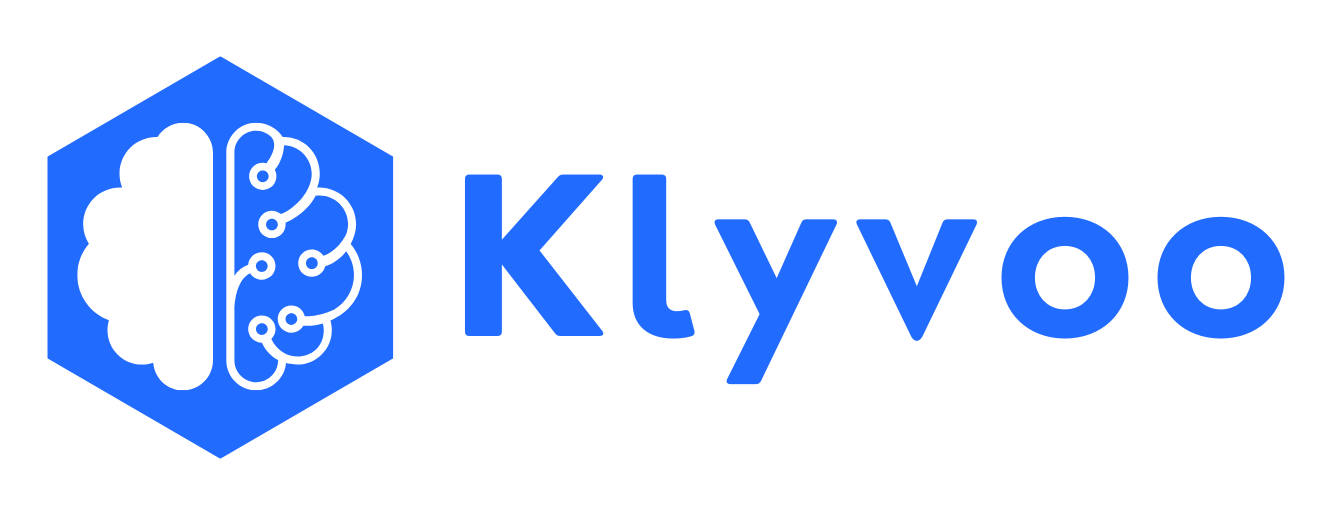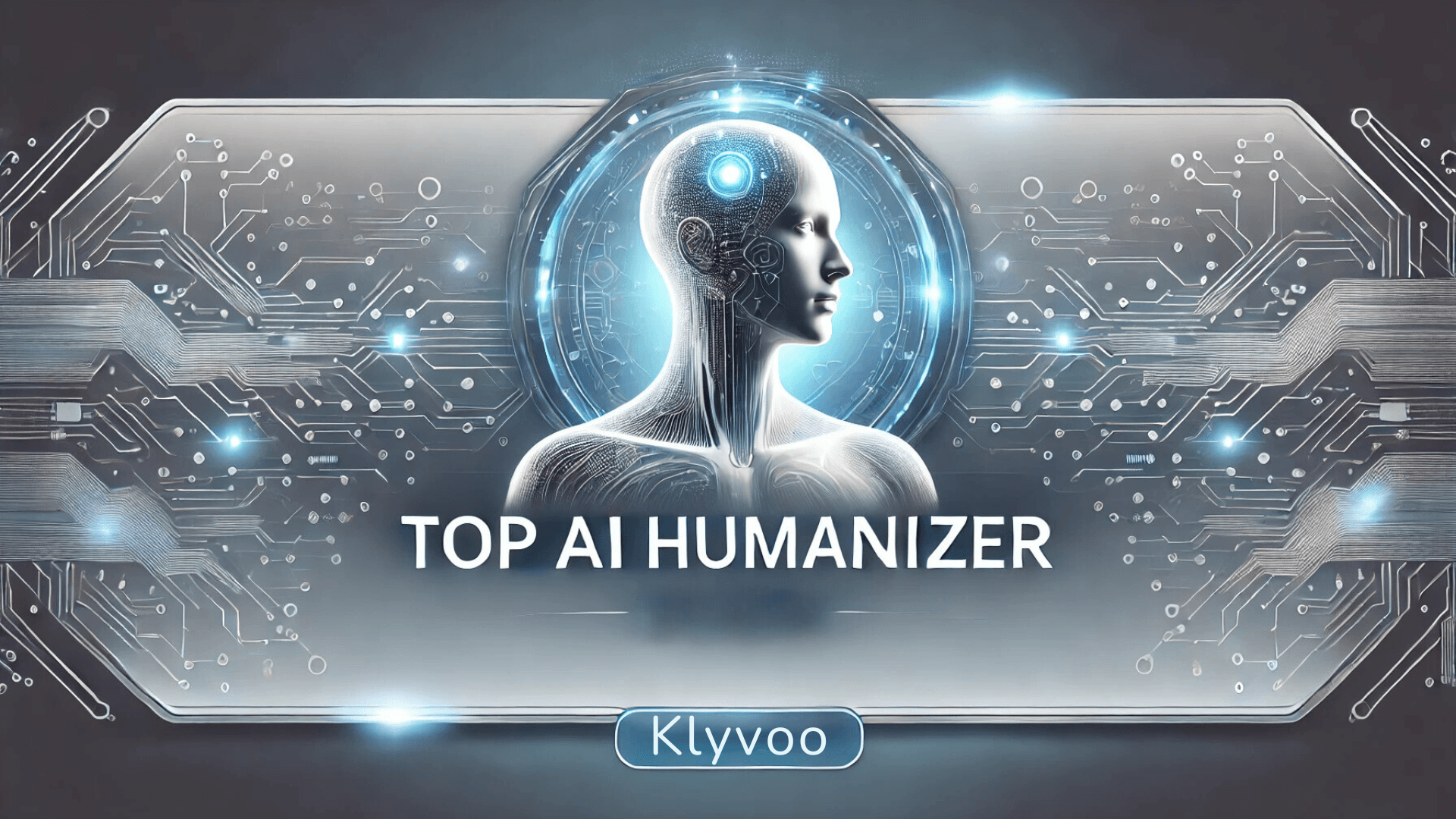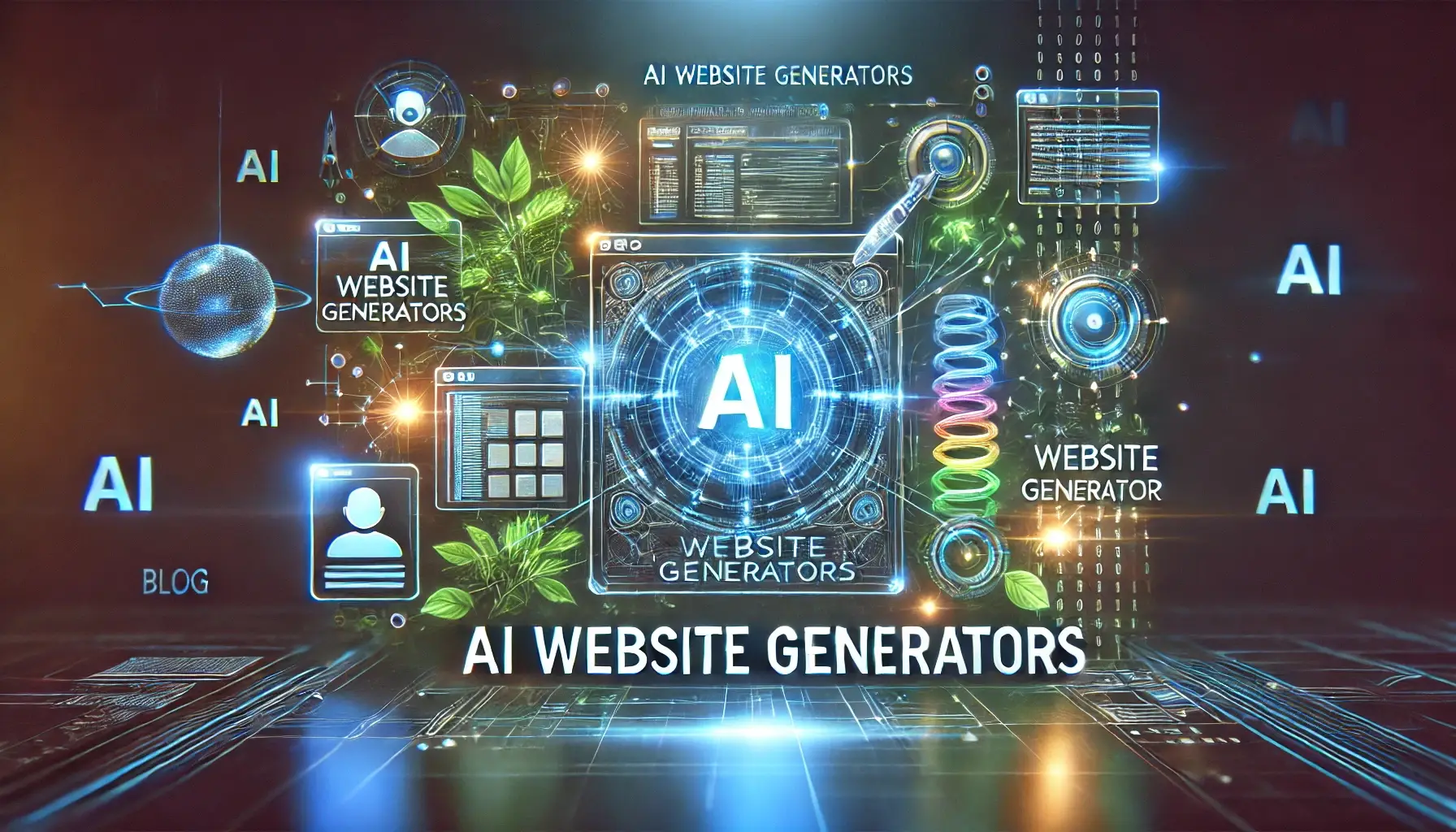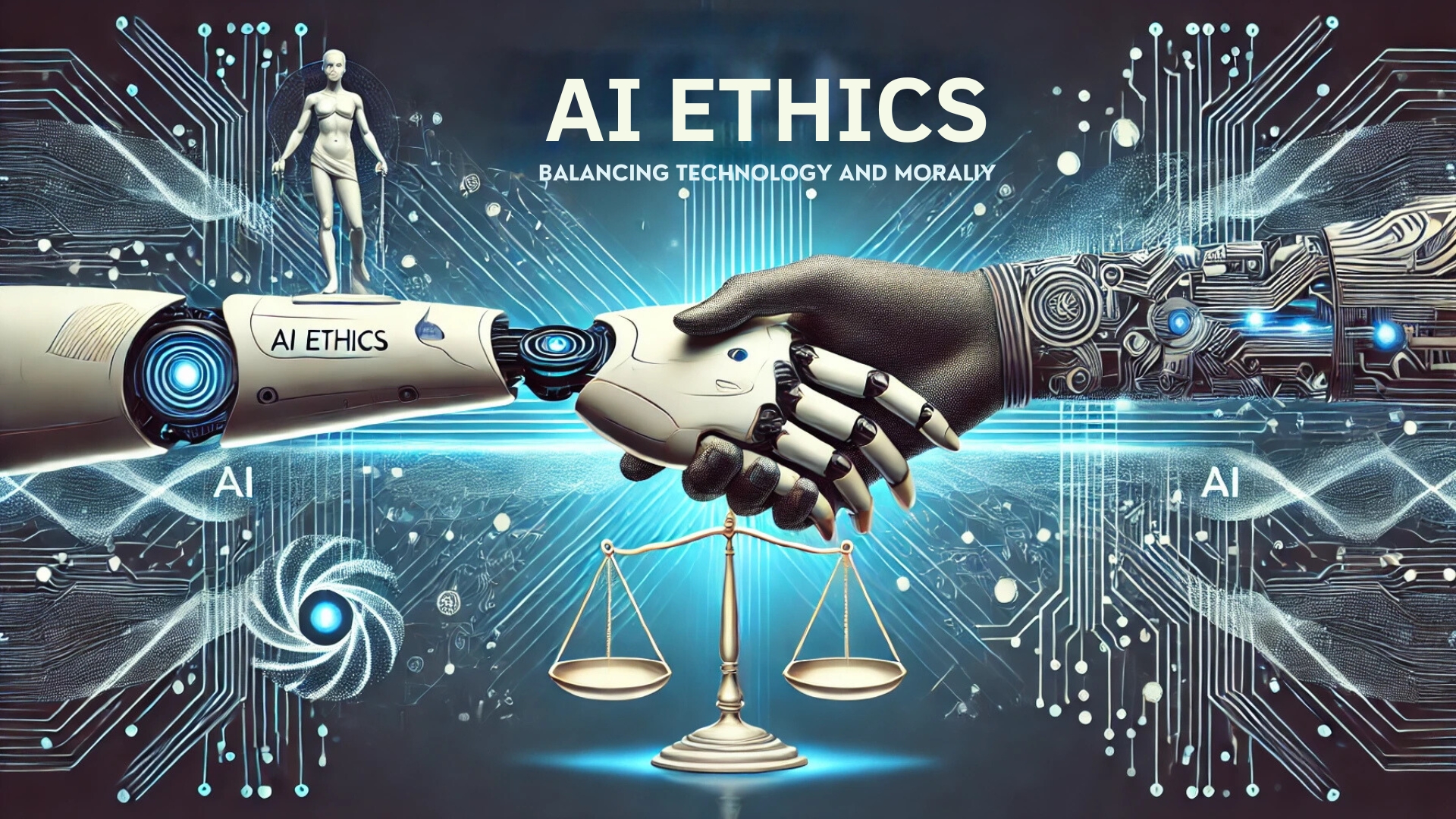Artificial intelligence (AI) is not just transforming industries, it’s revolutionizing our lives and work. Yet, the world of AI can seem daunting with its complex terminologies and buzzwords. But fear not, understanding these terms is not just essential, it’s empowering for professionals, enthusiasts, and businesses looking to harness the power of AI effectively.
This AI Glossary is not just a collection of terms, it’s a toolkit that will break down the most essential buzzwords and concepts, making them easy to grasp. Whether you are a developer, a business leader, or simply curious about artificial intelligence, this guide is your ultimate resource for understanding AI lingo and making informed decisions.

Table of Contents
What is an AI Glossary, and Why Is It Important?
An AI Glossary is a collection of essential terms, concepts, and buzzwords commonly used in artificial intelligence. This glossary simplifies technical jargon and makes it accessible to a broader audience.
As AI technologies become more prevalent, knowing these terms can help you:
- Understand AI trends and developments.
- Communicate effectively with AI experts and teams.
- Make informed decisions about adopting AI in your business.
Whether you are just starting your journey or looking to deepen your understanding, this AI Glossary is not just a guide, it’s a shared language that will guide you through the foundational and advanced concepts in artificial intelligence, connecting you with a community of AI enthusiasts.
AI Glossary: 50+ Essential Buzzwords and Concepts
Below, we explore key terms you need to know, categorized for more straightforward navigation.
- Foundational AI Terms
- Artificial Intelligence (AI): The simulation of human intelligence in machines, enabling them to perform tasks like reasoning, learning, and problem-solving.
- Machine Learning (ML): A subset of AI where machines improve performance by learning from data without explicit programming.
- Deep Learning: A specialized branch of machine learning that uses neural networks with multiple layers to analyze complex patterns in data.
- Algorithm: A set of rules or processes a machine follows to perform a task or solve a problem.
- Big Data: Extremely large data sets are analyzed computationally to reveal patterns, trends, and associations.

2. Neural Networks and Models
- Artificial Neural Network (ANN): A computing system inspired by the human brain, used in deep learning for tasks like image and speech recognition.
- Convolutional Neural Network (CNN): A type of ANN optimized for analyzing visual data, such as images and videos.
- Recurrent Neural Network (RNN): A neural network for sequential data, such as time series or natural language.
- Transformer: An advanced model architecture powering state-of-the-art natural language processing systems like GPT and BERT.
3. AI Development Tools and Techniques
- Natural Language Processing (NLP): The ability of machines to understand, interpret, and respond to human language.
- Computer Vision: A field of AI that enables machines to interpret and process visual data.
- Reinforcement Learning: A type of machine learning where agents learn by receiving rewards or penalties for their actions.
- Supervised Learning: A method where machines are trained on labelled datasets to make predictions or classifications.
- Unsupervised Learning: A machine learning technique where the model identifies patterns in unlabeled data.
4. Data Science and AI Integration
- Data Mining: The process of discovering patterns and relationships in large datasets.
- Feature Engineering: The process of selecting and transforming data features to improve machine learning model performance.
- Data Augmentation: Techniques used to artificially expand a training dataset by creating modified versions of the existing data.
- Overfitting: A modelling error occurs when a machine learning model performs well on training data but poorly on unseen data.
- Training Dataset: The subset of data used to train a machine learning model.
5. AI Ethics and Governance
- Bias in AI: The presence of prejudice or skewed results in AI systems due to biased training data or algorithms.
- Explainability: Understanding and explaining how an AI system makes decisions.
- Ethical AI: Ensuring AI technologies are developed and used responsibly, minimizing harm and maximizing fairness.
- Privacy by Design: Embedding data protection and privacy principles into AI system development.
6. Popular AI Applications
- Chatbot: An AI-powered conversational agent for customer support, information retrieval, or personal assistance.
- Recommendation System: An AI-driven tool that suggests products, services, or content based on user preferences and behaviour.
- Autonomous Vehicles: Vehicles equipped with AI systems that enable self-driving capabilities.
- Generative AI: AI models capable of creating new content, such as text, images, or music, often seen in tools like ChatGPT and DALL-E.
- Sentiment Analysis: The use of NLP to determine the emotional tone behind the text.
7. Emerging AI Trends and Buzzwords
- Edge AI: AI computations performed directly on edge devices, like smartphones or IoT devices, reducing reliance on cloud computing.
- Federated Learning: A technique that trains machine learning models across decentralized devices while preserving data privacy.
- Zero-Shot Learning: AI systems can perform tasks they were not explicitly trained for by leveraging prior knowledge.
- Digital Twin: A virtual replica of a physical object or system used to simulate and analyze real-world scenarios.
- Quantum AI: Integrating quantum computing with AI to solve problems faster than traditional systems.
How to Use This AI Glossary
Understanding the above terms can enhance your knowledge of artificial intelligence and its applications. Here are some ways this glossary can help you:
- For Professionals: Improve communication with teams and clients by confidently using AI terms.
- For Businesses: Make informed decisions when implementing AI solutions.
- For Enthusiasts: Deepen your understanding of AI technologies and stay updated on industry trends.
AI in Action: Real-World Applications
Consider how businesses like Amazon use Recommendation Systems to enhance customer experiences by suggesting products based on purchase history. Meanwhile, Generative AI is transforming industries like design and content creation, enabling faster and more innovative workflows.
Understanding Explainability and Ethical AI is crucial for addressing challenges such as bias and ensuring that AI systems remain fair and transparent.
Benefits of Knowing an AI Glossary
- Clarity: Demystify complex concepts and use them confidently.
- Decision-Making: Identify the right AI tools and strategies for your business.
- Professional Growth: Stay relevant in a fast-evolving industry.
Frequently Asked Questions
Q1: What is an AI Glossary?
An AI glossary is a collection of terms and concepts related to artificial intelligence designed to simplify technical jargon for better understanding.
Q2: Who should use an AI Glossary?
Anyone interested in AI—professionals, students, business leaders, or enthusiasts—can benefit from learning these terms.
Q3: Why is understanding AI terms important?
Familiarity with AI terms enables better communication, informed decision-making, and competitiveness in AI-driven industries.
Q4: What are the most common AI terms?
Terms like machine learning, deep learning, neural networks, NLP, and ethical AI are among the most commonly used.
Conclusion
This AI Glossary is a valuable resource for understanding the essential buzzwords and concepts in artificial intelligence. Whether you are a beginner or an expert, knowing these terms can help you confidently navigate the world of AI. As the field continues to evolve, staying informed is crucial for leveraging AI to its fullest potential.
Bookmark this glossary and refer to it whenever you encounter unfamiliar AI terminology. Knowledge is power—equip yourself to thrive in the age of artificial intelligence.






